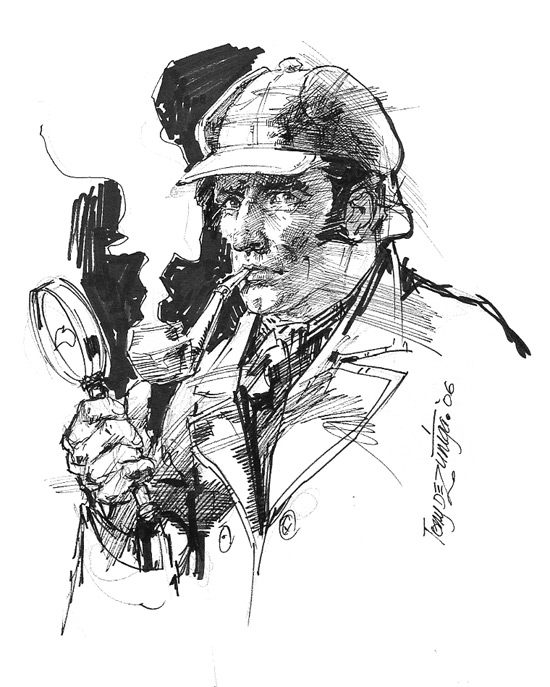My head literally exploded when I read it! What text, you are wondering, could have caused such a messy and bloody scene? (And if my head literally exploded, shouldn’t I be dead?) Well, the text in question was from an article in Salon magazine (August 22, 2013) decrying the Merriam-Webster (MW) Dictionary definition of the word literally to mean “in effect; virtually,” which is essentially the opposite of the usual understanding of literally to mean “actually”.

It is unclear why the controversy is erupting now—both the 2005 MW and the 1998 Canadian Oxford Dictionary include such a definition (though the latter says that using literally to mean “in effect” is disputed and best avoided in formal speech). The 1997 Oxford Guide to Canadian English notes that literally is “used loosely to mean ‘almost’ or ‘virtually’” (though it too says this use should be avoided in formal writing). But we can find this use of literally much earlier. A recent article in The Guardian (August 13, 2013) notes that literally has been “playfully abused since the time of Walter Scott” and adds that “in 1894 Sir Arthur Conan Doyle wrote in The Memoirs of Sherlock Holmes that Sherlock’s room ‘was literally ankle-deep with congratulatory telegrams’ (we can probably also take this as figurative).”
In a blog post for The Baltimore Sun, John McIntyre comes the down clearly in defense of literally to mean figuratively:
The adamant insistence that literally can have but a single meaning suggests a Platonic view of language, that words have essences, given meanings that are somehow corrupted when they alter in usage.… There are many varieties of English and many contexts and occasions for their use. If I were writing a technical or scientific paper, I wouldn’t dream of using the figurative literally. It would be out of place. It could conceivably lead to confusion. But if in conversation someone says, “I literally hit the ceiling when they sprang a story on me that wasn’t on the budget,” I understand that literally is hyperbolic, not factual.
Literally is not the only word in this crazy language of ours that has opposing definitions. English abounds with such words (which are called contranyms or Janus words, Janus being the Roman god who looks in both directions at once). For example, oversight can mean both “watching over” and “failing to notice”; sanction can mean “approve” and “forbid”; weather “to withstand” and “to wear away.”
So, what are editors to do? Well, astute ones would be wary upon encountering “literally” and would change it if there is a risk that the author will look foolish. But above all, they should keep their heads on. Literally.
Discover more from The Editors' Weekly
Subscribe to get the latest posts sent to your email.
